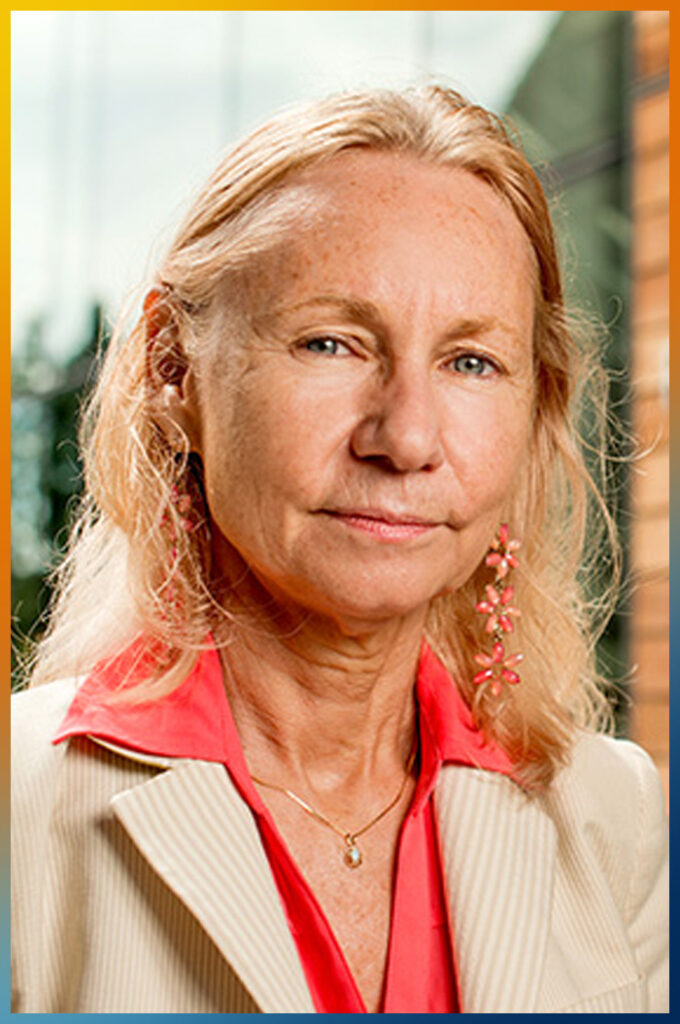
Alice Agogino, PI of the Native FEWS Alliance, as well as Roscoe and Elizabeth Hughes Chair in Mechanical Engineering, Product Design Concentration Founder and Head Advisor, MEng Program, Professor of the Graduate School, University of California Berkeley
Alice M. Agogino is the Roscoe and Elizabeth Hughes Professor of Mechanical Engineering. She directs the BEST Lab: Berkeley Energy and Sustainable Technologies | Berkeley Expert Systems Technology | Berkeley Emergent Space Tensegrities. She currently serves as Chair of the Development Engineering Graduate Group and Education Director of the Blum Center for Emerging Economies.
Alice Agogino served as Chair of the Berkeley Division of the Academic Senate in 2005-06, having served as Vice Chair during the 2004-05 academic year. She has served in a number of other administrative positions at UC Berkeley including Associate Dean of Engineering and Faculty Assistant to the Executive Vice Chancellor and Provost in Educational Development and Technology. She also served as Director for Synthesis, an NSF-sponsored coalition of eight universities with the goal of reforming undergraduate engineering education, and continues as Founding Director for the Engineering Pathway digital library of engineering courseware. She is currently serving as Chair of the Development Engineering Graduate Group and Education Director of the Blum Center for Developing Economies. She has supervised 196 MS projects/theses, 60 doctoral dissertations and numerous undergraduate researchers.
Prior to joining the faculty at UC Berkeley, Dr. Agogino worked in industry for Dow Chemical, General Electric and SRI International. Her research interests include: soft robotics; community-based design; development engineering; sustainable engineering; internet of things; intelligent learning systems; information retrieval and data mining; multiobjective and strategic product design; nonlinear optimization; probabilistic modeling; intelligent control and manufacturing; sensor validation, fusion and diagnostics; wireless sensor networks; multimedia and computer-aided design; design databases; design theory and methods; MEMS synthesis and computer-aided design; artificial intelligence and decision and expert systems; and gender/ethnic equity. Dr. Agogino has authored over three hundred peer-reviewed publications in these subject areas. She is a member of AAAI, AAAS, ASEE, ASME, AWIS, IEEE, NAE and SWE and served as Chair of the AAAS section on Engineering (2001-2002). She serves on the editorial board of three professional journals and has provided service on a number of governmental, professional, and industry advisory committees, including the NSF Advisory Committee for Engineering, Engineering Directorate, (1991-96, Chair 1996-97); Guidance Committee of the “Removing Barriers to Collaborative Research” project of the National Research Council (NRC) Government-University-Industry Roundtable (1997-98); NRC Committee on “Standards for Technology Education,” (1997-98); National Academy of Engineering (NAE) Academic Advisory Board (1998-2002); NAE “Engineering of the Year 2020” Planning/Steering Committee (Co-Chair of Planning, 1999-2000; Member of Steering; 2002-2005) and Executive Committeee, Digital Media Innovation Initiative, University of California System (2000-2001), Manufacturing Engineering Laboratory of the National Institute of Standards & Technology (NIST; 2004-2005), JPL/Cal Tech Engineering Advisory Board (2003-2005), National Academies Board on Science Education (BOSE, 2005-2007) and the Women in Academic Science Engineering Committee of the National Academies Committee on Science, Engineering, and Public Policy (COSEPUP; 2005-2010). She is or has served on a number of university advisory boards: CMU CIT, KAUST, Harvard/Radcliffe, MIT and SUTD.
Dr. Agogino received a B.S. in Mechanical Engineering from the University of New Mexico (1975), M.S. degree in Mechanical Engineering (1978) from the University of California at Berkeley and Ph.D. from the Department of Engineering-Economic Systems at Stanford University (1984).
PI of the Native FEWS Alliance, Roscoe and Elizabeth Hughes Chair in Mechanical Engineering, Product Design Concentration Founder and Head Advisor, MEng Program, Professor of the Graduate School, University of California Berkeley

Karletta Chief PhD (Diné), PI of the Native FEWS Alliance, as well as Assistant Professor and Assistant Specialist in the Department of Soil, Water and Environmental Sciences, University of Arizona
Dr. Karletta Chief is an Associate Professor and Extension Specialist in the Department of Environmental Science at the University of Arizona in Tucson, AZ. The goal of her research is to improve our understanding, tools, and predictions of watershed hydrology, unsaturated flow in arid environments, and how natural and human disturbances affect soil hydrology through the use of physically based methods. Dr. Chief research also focuses on how Indigenous communities will be affected by climate change to identify and mitigate risks to these vulnerable populations. As an Extension Specialist, she works to bring relevant science to Native American communities in a culturally sensitive manner by providing hydrology expertise, transferring knowledge, assessing information needs, and developing applied science projects. Dr. Chief is a member of a national network of Indigenous and non-Indigenous scientists focusing on climate change impacts to Indigenous peoples and co-authored several publications in the Special Issue of Climatic Change entitled “Climate Change and Indigenous Peoples in the United States: Impacts, Experiences, and Actions” and Forest Conservation in the Anthroprocene. Dr. Chief is a member of the Rising Voices, and Climate and Traditional Knowledges Workgroup with a focus on climate impacts to tribal waters. She co-authored a tribes chapter in the Southwest Climate Assessment Report and provisional guidelines for considering traditional knowledges in climate change initiatives. Two of her primary tribal projects are The Pyramid Lake Paiute Tribe Climate Adaptation and Traditional Knowledge and The Navajo Nation Gold King Mine Spill Impacts. Dr. Chief supervises and advises the research of 11 students, 10 of which are Native American working on topics related to tribal environmental issues. Dr. Chief is Diné originally from Black Mesa, AZ and received a B.S. and M.S. in Civil and Environmental Engineering from Stanford University in 1998 and 2000. Dr. Chief received her Ph.D. in Hydrology and Water Resources in the School of Engineering at the University of Arizona (UA) in 2007. She completed her post-doctorate at Desert Research Institute in the Division of Hydrologic Sciences in Las Vegas, NV where she worked on large weighing lysimeters at the Scaling Environmental Processes in Heterogeneous Arid Soils (SEPHAS) Project in Boulder City. In 2011, Dr. Chief was named American Indian Science and Engineering Society (AISES) Most Promising Scientist/Scholar, 2013 Stanford University Distinguished Alumni Scholar, 2015 Native American 40 under 40, 2016 AISES Professional of the Year, 2016 Phoenix Indian Center Woman of the Year, and 2020 American Geophysical Union Ambassador.
PI of the Native FEWS Alliance, Assistant Professor and Assistant Specialist in the Department of Soil, Water and Environmental Sciences, University of Arizona
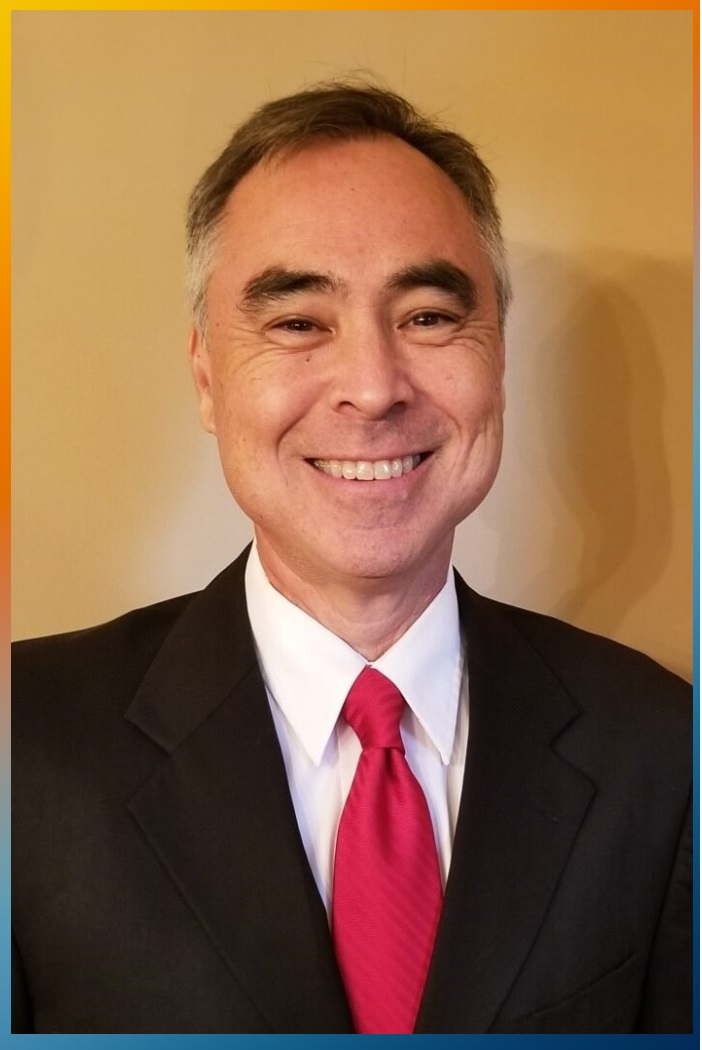
John Phillips, PhD. Co-PI of the Native FEWS Alliance, as well as Interim President and CEO of the American Indian Higher Education Consortium (AIHEC)
Dr. Phillips brings a wealth of experience and knowledge of Tribal Colleges and Universities (TCUs), he has been with AIHEC since 2000 and previously served as the Director of AIHEC Land-Grant programs and policy. Phillips is also the Executive Director of First Americans Land-Grant Consortium (FALCON), a non-profit association of TCU “1994” Land-Grant administrators, directors, faculty, and staff.
From 2000-2005, Phillips was the first 1994 Land-Grant Institutions (TCUs) liaison with the U.S. Department of Agriculture (USDA). He was responsible for representing the interests of the 1994 Land-Grant Institutions throughout USDA and the public. Phillips also provided executive resources to the USDA/AIHEC Leadership Group, a national advisory board comprised of top USDA and AIHEC officials.
Phillips directed the Cooperative Extension Program at Si Tanka College on the Cheyenne River Reservation, South Dakota, from 1997 to 1999, for which he was awarded a USDA Secretary’s Honors Award and a USDA Cooperative State Research, Education and Extension Service (CSREES) Administrator’s Recognition. During that time, he developed community outreach programs in nutrition, community gardening, and youth development. He has also conducted USDA-sponsored research on diet and nutrition. In 2017, Phillips was inducted into the National Institute of Food and Agriculture (NIFA) Hall of Fame.
Phillips earned his Ph.D. in Rural Sociology at the University of Missouri-Columbia, a M.S. degree in Environmental Systems from Humboldt State University, California, and a B.S. degree in Computer Science from California State University, Sacramento. He has worked as a systems engineer for IBM Corporation and has served as a Peace Corps volunteer in southern Africa.
Co-PI of the Native FEWS Alliance, Interim President and CEO of the American Indian Higher Education Consortium
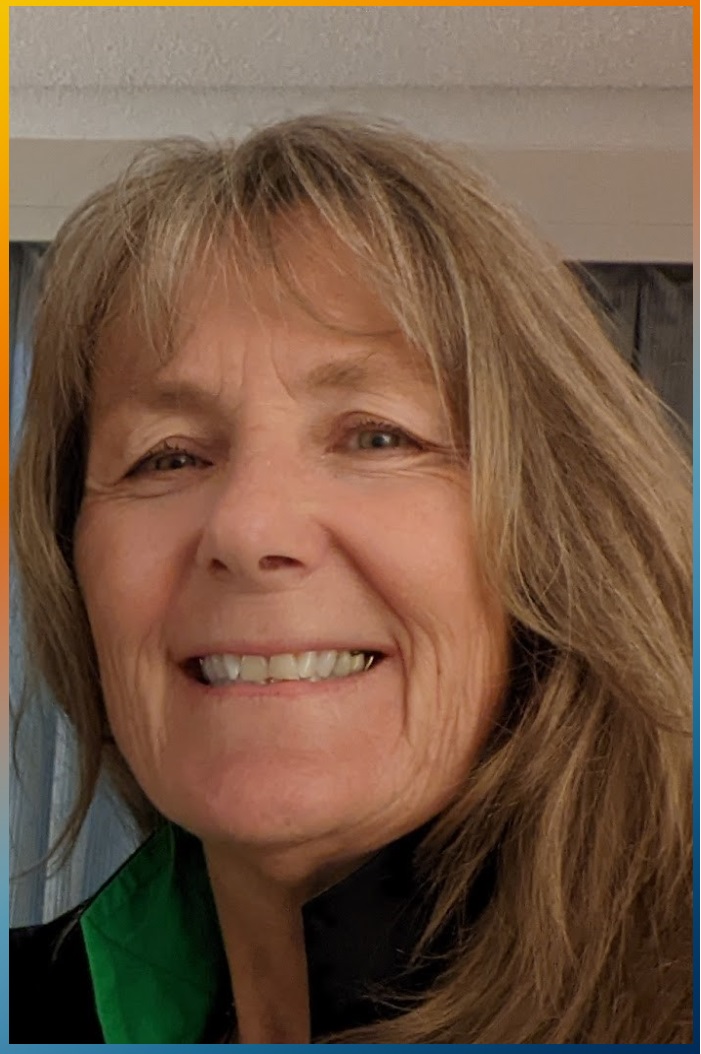
Kathy Isaacson, PhD Backbone Director, American Indian Higher Education Consortium
Kathy Isaacson serves as the Director of the Backbone for the Native FEWS Alliance representing the American Indian Higher Education Consortium (AIHEC). Kathy ensures that the Alliance continues to have a central hub for communication and planning, continuous interaction with NSF INCLUDES, and web-based dissemination of wise practices from the Alliance partners. She has over 20 years experience working with tribal colleges and universities in strategic planning and project management. Kathy has served on the White House Initiative on Tribal Colleges and Universities, was chair of the board for the Institute for Higher Education Policy, faculty member at the University of New Mexico, and president of Strategic Engagement, a consulting business. Her research and writing interests include a focus on sustainable system change and innovative methods for multi-stakeholder engagement. Kathy is the author of Communication, Conflict, and the Management of Difference; Facework: Bridging Theory and Practice; Engaging Communication in Conflict: Systemic Practice; and Mediation: Empowerment in Conflict Resolution. She received her MA from the University of New Mexico, and her PhD from Tilburg University in the Netherlands.
Backbone Director, American Indian Higher Education Consortium

Yael Perez, Development Engineering (DevEng) Program Director at UC Berkeley’s Blum Center for Developing Economies, and Program Director for Native FEWS Alliance
Yael Perez is the Development Engineering (DevEng) Program Director at UC Berkeley’s Blum Center for Developing Economies, managing the DevEng Masters and the DevEng PhD Designated Emphasis. Yael holds a PhD in Architecture from UC Berkeley with a scholarship on co-design methodologies and technologies to support and empower communities and design practitioners in fostering sustainable development. For over a decade, she has been collaboratively leading CARES—Community Assessment of Renewable Energy and Sustainability—a team of UC Berkeley faculty and students working with Native American Citizens in their pursuit of sustainable development. Recently, this initiative grew into the Native FEWS Alliance, a cross-institutional collaboration working to significantly broaden the participation of Native American students in Food, Energy, and Water Systems (FEWS) education and careers to address critical challenges facing their communities. Before joining the Blum Center, Yael was a visiting scholar at IIT Mandi (India).
Development Engineering (DevEng) Program Director at UC Berkeley’s Blum Center for Developing Economies, and Program Director for Native FEWS Alliance
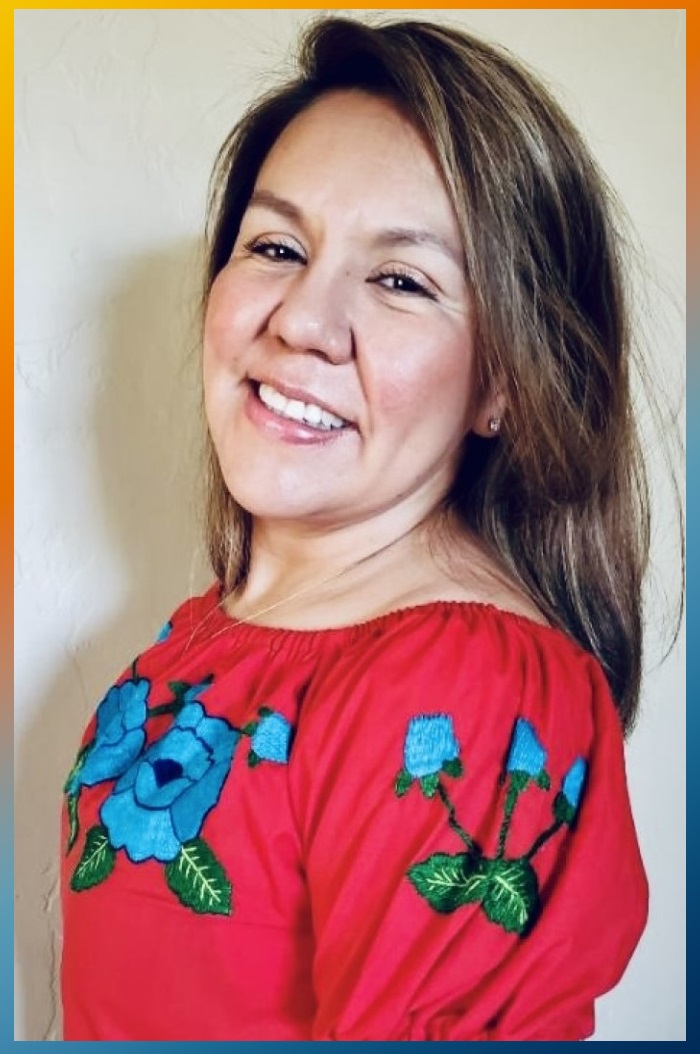
Bernice Rodriguez,
Bernice is the Program Coordinator for the Indigenous Resilience Center where she will focus on implementation and activities to Native-FEWSS (Native Food, Energy & Water Security and Sovereignty) and Transformational Network and Indigenous Food, Energy and Water Security and Sovereignty (Indige-FEWSS). She is a member of the Pascua Yaqui Tribe and developed budget oversight and program coordination capabilities working for various departments in New Pascua on Tucson’s southwest side. Bernice transitioned to the University of Arizona in 2017 working with the Dean of Students Office before moving to Diversity and Inclusion in 2019 supporting the institutions’ seven Inclusion and Multicultural Engagement Student Centers. Bernice is an undergraduate student with the College Public Health and is working to complete her bachelor’s degree in the Spring of 2024.
Bernice is honored to be with the Indigenous Resilience Center and is looking forward to supporting community partners and the University of Arizona students, faculty and staff.
Program Coordinator for the Indigenous Resilience Center (IRes) at the University of Arizona

Ben Richmond, MPH Co-Director of the Community Engagement Core for the Southwest Environmental Health Sciences Center at The University of Arizona
Ben Richmond, MPH is the Co-Director of the Community Engagement Core for the Southwest Environmental Health Sciences Center at The University of Arizona. He earned his BS in Public Health and MPH from the University of Arizona and is currently pursuing a PhD in Higher Education. Ben’s work focuses on developing pathways into Environmental Health and STEM careers, understanding environmental health literacy, utilizing best practices to communicate complex science to the public, and being a resource to communities to answer their environmental health questions and concerns.
Ben’s research interest is in understanding the social and cultural barriers students face in pursuing higher education especially as it relates to Environmental Health and STEM related majors and careers. Using this research focus, Ben has devolved programs that aim to increase students’ STEM related knowledge and skills, improve students’ self-efficacy in pursuing STEM related majors and careers, and increase sense of belonging on a university campus.
Co-Director of the Community Engagement Core for the Southwest Environmental Health Sciences Center at The University of Arizona
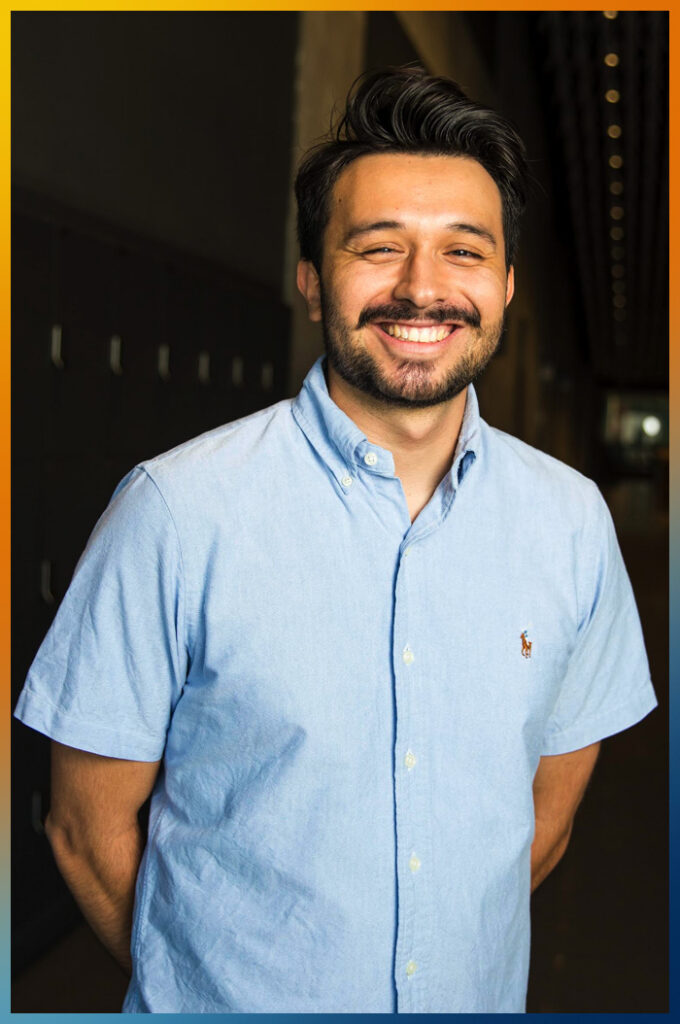
Alex Benavides, Senior Coordinator of the Community Engagement Core at the Southwest Environmental Health Sciences Center (SWEHSC-CEC)
Alex Benavides is from Phoenix, AZ and is the Senior Coordinator of the Community Engagement Core at the Southwest Environmental Health Sciences Center (SWEHSC-CEC). Alex‘s work focuses on creating transfer pathways for tribal college students through the A Student’s Journey program with Tohono O’odham Community College to plan all phases of the year-round program.
Senior Coordinator of the Community Engagement Core at the Southwest Environmental Health Sciences Center (SWEHSC-CEC)

Daniel Sestiaga Jr. is a member of the Ft. Yuma Quechan Indian Tribe of Arizona. Daniel is the son of Daniel Sr. and the late Rosie Sestiaga. His paternal grandparents are Carlotta and the late Julio Sestiaga. His maternal grandparents are Rosie Montoya and the late Tomas Montoya and the late Virgil Jack.
Daniel is currently the Program Manager for the Indigenous Resilience Center (IRes) at the University of Arizona. Within his role, he liaises with UArizona faculty and administrators to further IRes goals and objectives around strengthening teaching, research and outreach related to Indigenous resilience. He works closely with tribal leadership through principles of respectful tribal engagement, and collaborates with other external partners to execute successful and impactful outreach. In particular, he works effectively with University of Arizona Senior Leadership, the Native Nations institute, and other Indigenous Centers and programs.
He joins the Indigenous Resilience Center from Tohono O’odham Community College (TOCC) where he served for nine years in various roles. During his time at TOCC he managed the college’s Dual Enrollment Program, the Braiding Success Initiative funded by AT&T through the American Indian College Fund and served as a Co-Principal Investigator on the A Student’s Journey Program funded by the Agnese Nelms Haury Program. He served as the college’s representative to the Arizona Tribal College and Universities Dual Enrollment Council within the Office of Indian Education and has served as a member of the Arizona Indian Education Advisory Council to State Superintendent of Public Instruction Kathy Hoffman since 2020.
Daniel earned his Bachelor of Science in Public Management and Policy and Master of Public Health from the University of Arizona in Tucson, Arizona.
He is committed to advocacy, empowerment, and engagement with and for people of underserved and underrepresented populations in Higher Education He specializes in program implementation, development of strategic outreach, and initiating creative and collaborative guided professional networks through established practices. With a background in Public Health, he also examines health disparities and challenges surrounding individuals and communities, in particular Tribal Communities.
In his spare time, Daniel is an adjunct instructor teaching Community and Public Health courses at Tohono O’odham Community College. He also serves as the Vice-President of the American Indian Alumni Club at the University of Arizona and the Scholarship Chair for the Omega Delta Phi Alumni Association of Arizona. He also serves as a member on the Southwest Environmental Health Sciences Center Community Advisory Board at the University of Arizona and the REACH COVID-19 Community Advisory Board for Pima County. He lives in Tucson with his wife Xyntrice, and their labs, Shuri and Rajah.
Program Manager for the Indigenous Resilience Center (IRes) at the University of Arizona
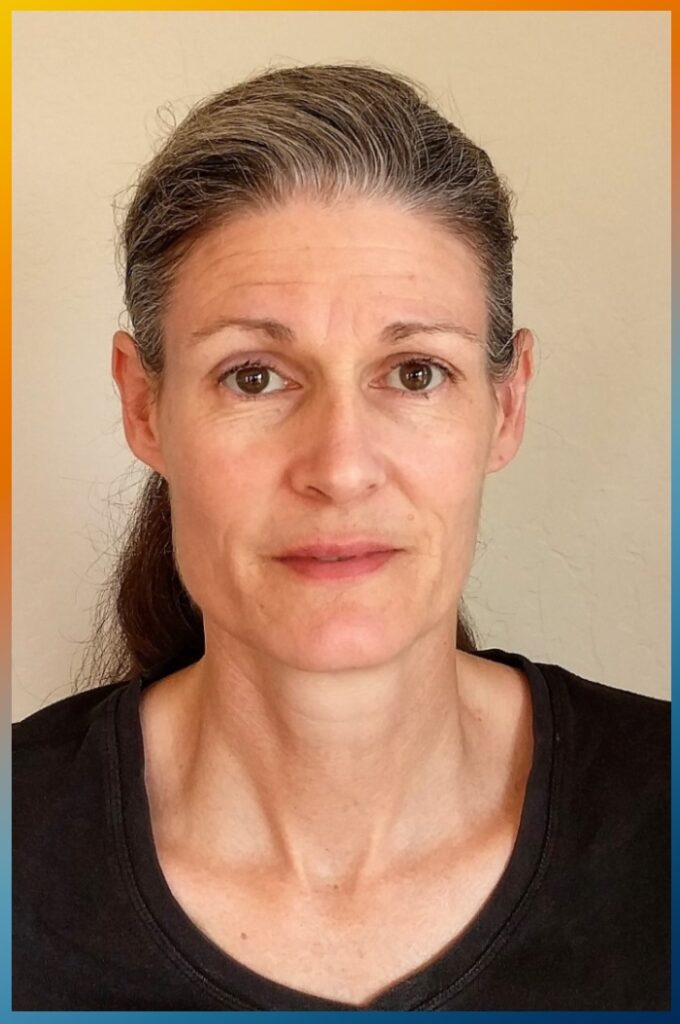
Cheryl Schwab is the Data Management team lead and a member of the Evaluation Team for the Native FEWS Alliance. She is also the external evaluator for the NRT Sustainable Oceans: From Policy to Science to Decisions at the University of California, Davis. Cheryl holds a PhD in Education from UC Berkeley with a focus on quantitative methods, assessment, and evaluation. She has worked to support student success in STEM programs ranging from middle school curriculum projects to community college Mathematics, Engineering, Science, Achievement (MESA) programs. Over the past 10 years she has served as evaluator for several NSF graduate research training programs at UC Berkeley, including the NRT Innovations at the Nexus of Food, Energy and Water Systems (InFEWS) Program and the NRT Data Science For the 21st Century (DS421) Program.
Data Management team lead and a member of the Evaluation Team for the Native FEWS Alliance.
Co-PIs: University of California Berkeley
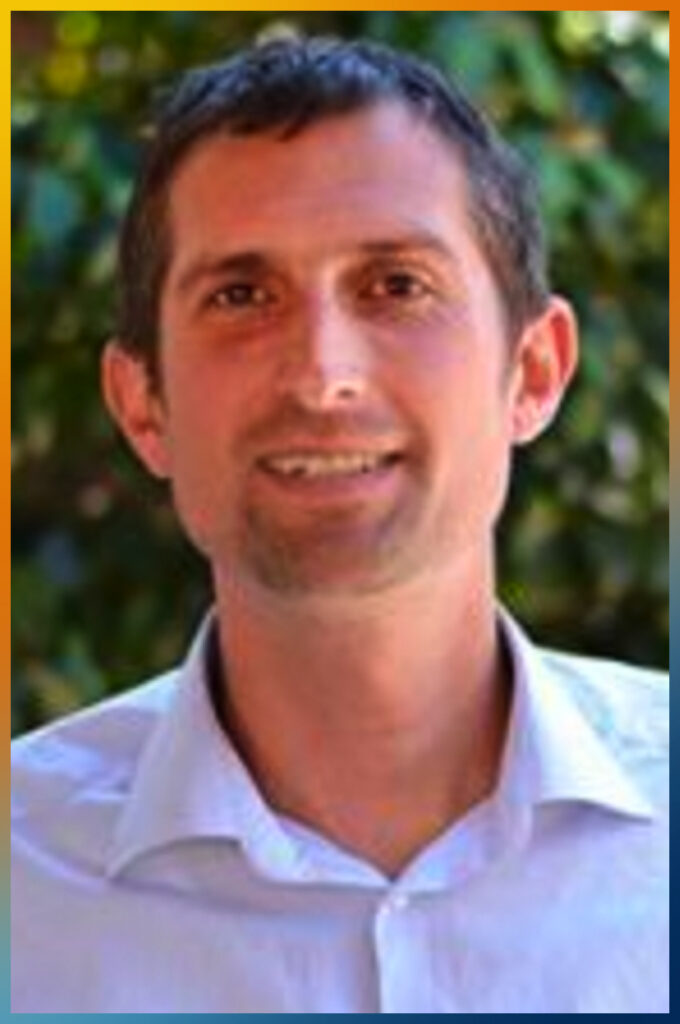
Matthew Potts, Associate Professor Department of Environmental Science, Policy & Management,
UC Berkeley
Matthew Potts has a broad interdisciplinary background with training in mathematics, ecology and economics. He earned his B.S. in Mathematics from the University of Michigan and a PhD in Applied Mathematics from Harvard University.
Potts has extensive international experience conducting field research in tropical forests throughout the world, addressing fundamental ecological questions while adding insight on how to sustainably manage tropical landscapes. His varied research interests include spatial aspects of forest management and land-use planning as well as how human actions, values, and ethics affect biodiversity conservation. Potts’ primary goal is building quantitative understanding on how to build optimal production and biodiversity conservation in multi-use landscapes.
Associate Professor Department of Environmental Science, Policy & Management,
UC Berkeley
Co-PIs: University of Arizona
Daniel R. Sestiaga Jr., MPH , Program Manager for the Indigenous Resilience Center (IRes) at the University of Arizona
Daniel Sestiaga Jr. is a member of the Ft. Yuma Quechan Indian Tribe of Arizona. Daniel is the son of Daniel Sr. and the late Rosie Sestiaga. His paternal grandparents are Carlotta and the late Julio Sestiaga. His maternal grandparents are Rosie Montoya and the late Tomas Montoya and the late Virgil Jack.
Daniel is currently the Program Manager for the Indigenous Resilience Center (IRes) at the University of Arizona. Within his role, he liaises with UArizona faculty and administrators to further IRes goals and objectives around strengthening teaching, research and outreach related to Indigenous resilience. He works closely with tribal leadership through principles of respectful tribal engagement, and collaborates with other external partners to execute successful and impactful outreach. In particular, he works effectively with University of Arizona Senior Leadership, the Native Nations institute, and other Indigenous Centers and programs.
He joins the Indigenous Resilience Center from Tohono O’odham Community College (TOCC) where he served for nine years in various roles. During his time at TOCC he managed the college’s Dual Enrollment Program, the Braiding Success Initiative funded by AT&T through the American Indian College Fund and served as a Co-Principal Investigator on the A Student’s Journey Program funded by the Agnese Nelms Haury Program. He served as the college’s representative to the Arizona Tribal College and Universities Dual Enrollment Council within the Office of Indian Education and has served as a member of the Arizona Indian Education Advisory Council to State Superintendent of Public Instruction Kathy Hoffman since 2020.
Daniel earned his Bachelor of Science in Public Management and Policy and Master of Public Health from the University of Arizona in Tucson, Arizona.
He is committed to advocacy, empowerment, and engagement with and for people of underserved and underrepresented populations in Higher Education He specializes in program implementation, development of strategic outreach, and initiating creative and collaborative guided professional networks through established practices. With a background in Public Health, he also examines health disparities and challenges surrounding individuals and communities, in particular Tribal Communities.
In his spare time, Daniel is an adjunct instructor teaching Community and Public Health courses at Tohono O’odham Community College. He also serves as the Vice-President of the American Indian Alumni Club at the University of Arizona and the Scholarship Chair for the Omega Delta Phi Alumni Association of Arizona. He also serves as a member on the Southwest Environmental Health Sciences Center Community Advisory Board at the University of Arizona and the REACH COVID-19 Community Advisory Board for Pima County. He lives in Tucson with his wife Xyntrice, and their labs, Shuri and Rajah.

Kelly Simmons-Potter, Professor, Electrical and Computer Engineering, Optical Sciences, Materials Sciences and Engineering College of Engineering, College of Optical Sciences
Dr. Kelly Simmons-Potter is a Professor and Director of Graduate Studies of Electrical and Computer Engineering, and a Professor of Optical Sciences, and Materials Science and Engineering at the University of Arizona in Tucson, AZ. Dr. Simmons-Potter received her B.S. in Physics in 1986 from Florida State University and her M.S. and Ph.D. in 1990 and 1994 respectively in Optical Sciences from the University of Arizona. Dr. Simmons-Potter spent nearly 10 years at Sandia National Laboratories, from 1994 to 2003, ending in the position of Principal Member of Technical Staff and Project Manager for Advanced Optical Technologies. In 2003, she left Sandia Labs to return to academia at the U.A. Dr. Simmons-Potter is a Fellow of the American Ceramic Society, Director of the Arizona Research Initiative for Solar Energy (AzRISE), and is a member of the UArizona Indige-FEWSS team. She is the co-author of four textbooks in the field of optics, has authored more than 125 peer-reviewed publications, has delivered more than 150 scholarly presentations, and holds several patents. Dr. Simmons-Potter is the recipient of numerous awards, including six Outstanding Service Awards for her work in the field of radiation-hardened optics, the 2010 University of Arizona Science and Engineering Faculty Excellence Award, and the 2016 University of Arizona Mentor Award for her years of organization and mentorship of the Racing the Sun high school solar go-kart event. In addition, Dr. Simmons-Potter was a featured speaker on KUAZ-FM Arizona Science Friday in November 2019. Her research focuses on resiliency of renewable energy components and design of off-grid FEW systems.
Professor, Electrical and Computer Engineering, Optical Sciences, Materials Sciences and Engineering College of Engineering, College of Optical Sciences

Greg Barron-Gafford, Professor and Associate Director of the Community and School Garden Program
I’m a Biogeographer, which means my science sits at that exciting nexus of understanding how external forces (like environmental and human factors) and internal characteristics (like leaf biochemistry and plant functional type) act as determinants of where species can live and thrive.
The Barron-Gafford research group studies the interactive effects of vegetation and climate change on plant & ecosystem function to inform forecasting and decision makers. We tackle questions related to fields of Biogeography, Plant Ecophysiology, Ecosystem Ecology, Ecohydrology, and Critical Zone Science. We study how semiarid plants and ecosystems respond to threats from drought, climate change, and human pressures like over grazing or clearing for renewable energy production.
For the last 8 years, I have been building the field of ‘agrivoltaics’ – the concept of colocating agriculture and photovoltaics (renewable energy from solar panels). We began this work in southern Arizona to study the benefits across the food-energy-water nexus, and over the years have developed a national and international program connecting with researchers in Colorado and Oregon (USA), and in Africa and the Middle East. Helping develop science-based solutions to help people adapt to the increasing pressures that come from a changing climate is a personal and professional goal.
Professor and Associate Director of the Community and School Garden Program


